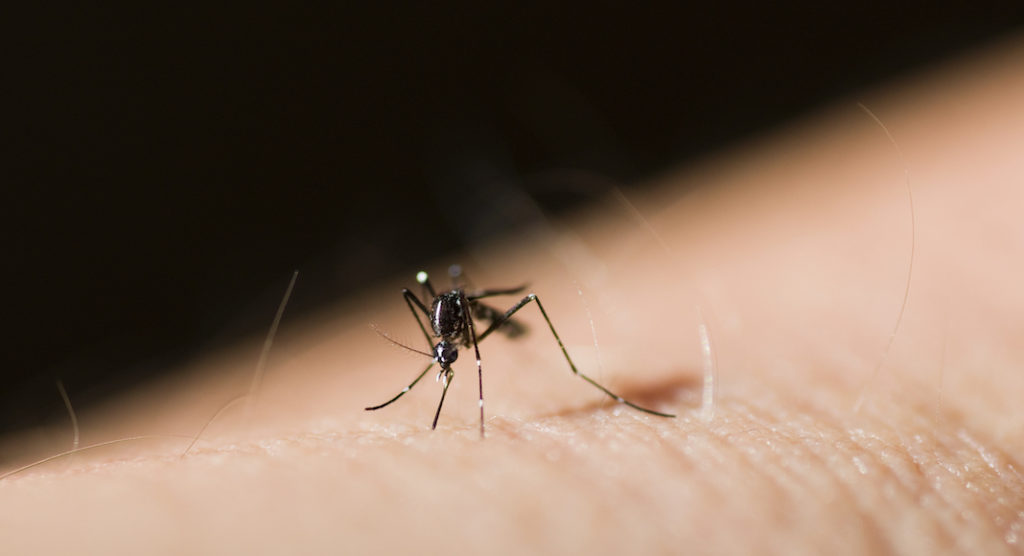
Mega Doctor News
Edinburg, TX – Diseases caused by mosquitoes – the World’s Deadliest Animal, are prevalent in tropical and sub-tropical regions of the United States like South Texas. It is estimated that mosquitoes infect over 700 million people worldwide and cause the death of over one million people each year. Deadly diseases transmitted by mosquitoes include (among others) malaria, dengue, West Nile Virus, yellow fever, Zika fever and chikungunya.
Of the many species of mosquitoes, female Aedes aegypti is the primary vector that is responsible for transmission of several diseases and has been most extensively studied. The efforts of the World Health Organization and the Center for Disease Control and Prevention to prevent and/or control mosquito-borne illness have yielded success, but it remains a serious global challenge. More recently, several approaches to create transgenic mosquitoes with the ultimate objective of preventing and/or controlling mosquito-borne illness have undergone field studies. Infecting Aedes aegypti mosquitoes with different strains of Wolbachia resulted in the reduction of egg laying rates, transmission ability and shorter lifespan. Similarly, using genetic technology, a self-limiting strain of Aedes aegypti male mosquitoes (OX513A) when released in the field have shown an 81%-95% suppression of population of this strain as compared to adjacent no-release control field.
“These encouraging results prompted the issuance of authorization by the U.S. Environmental Protection Agency for the use of second generation genetically modified Aedes aegypti mosquitoes (OX5034) in Florida and Texas” said Sohail Rao, MD, MA, DPhil, President and Chief Executive Officer, DHR Health Institute for Research & Development. “As the first-ever use of genetically modified mosquitoes in the United States, over 750 million OX5034 will be ultimately released in the Florida Keys an area devastated by mosquito-borne illnesses”.
Since 2019, over one billion genetically modified mosquitoes have been successfully released in parts of Brazil, Cayman Islands, Panama, and India to control Aedes aegypti. In all of these studies, there has been no evidence of any harmful effects on humans, animals and/or the environment. The implications for the success of the use of genetically modified mosquitoes are self-evident, and its use must be seriously contemplated for South Texas which also has a very high incidence of mosquito-borne diseases.
To get more information and/or to refer your patient, please contact (956)362-8047 or (956)362-2390 or visit dhrresearch.org









